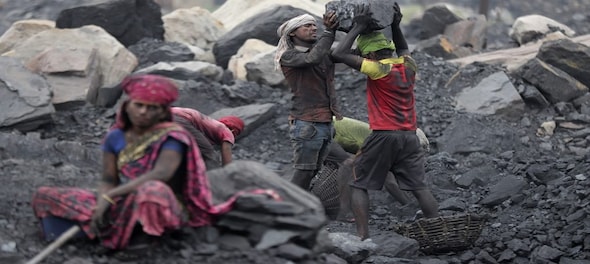
The negotiations at the COP26 climate summit in Glasgow ended with an agreement to phase down the use of coal instead of phasing it out as India wanted to negotiate terms for the usage of all forms of fossil fuels and not just coal.
Here at CNBC-TV18, we explain India’s coal ‘phase down’ stand based on 3 reasons
Phase down has no definite timeline to end coal usage
India has committed to becoming a net-zero nation, that is it will offset its emission impacting the climate, by 2070. The coal phase down will mean a developing country like India will have its own resources like coal to meet energy requirements without putting a timeline to end usage of the fossil fuel.
This phase down will give a breather to recently commissioned coal-based plants that may have a life cycle of another 20-30 years. At present, India has 200 GW electricity generation capacity based on coal.
Phase down allows time to transition to renewable
At the COP26 summit, Prime Minister Narendra Modi announced that India would increase the installed capacity of renewables to 500GW by 2030. The country already has 100 GW of installed renewable capacity as of date. The coal phase down will help expand the commercial viability of technologies and storage needed to scale up renewable capacities.
Phase down assures investors of coal-based projects
Coal-based projects are facing difficulty in terms of funding and a phase-down will give some assurance to financiers of such projects.
Most of the funding in the sector comes from domestic financiers only. The auction of coal for commercial use has also seen a tepid response with big coal players shying away from participating.
India expects 1.5 billion tonnes of coal requirement by 2030 for its existing capacities.
(Edited by : Kanishka Sarkar)
Check out our in-depth Market Coverage, Business News & get real-time Stock Market Updates on CNBC-TV18. Also, Watch our channels CNBC-TV18, CNBC Awaaz and CNBC Bajar Live on-the-go!


Lok Sabha elections 2024: 28% of candidates contesting in fourth phase are 'crorepatis'
May 9, 2024 4:29 PM
Free poha-jalebi to movie ticket discounts: How cities struggling with 'urban apathy' are luring voters to polling booths
May 9, 2024 3:17 PM

